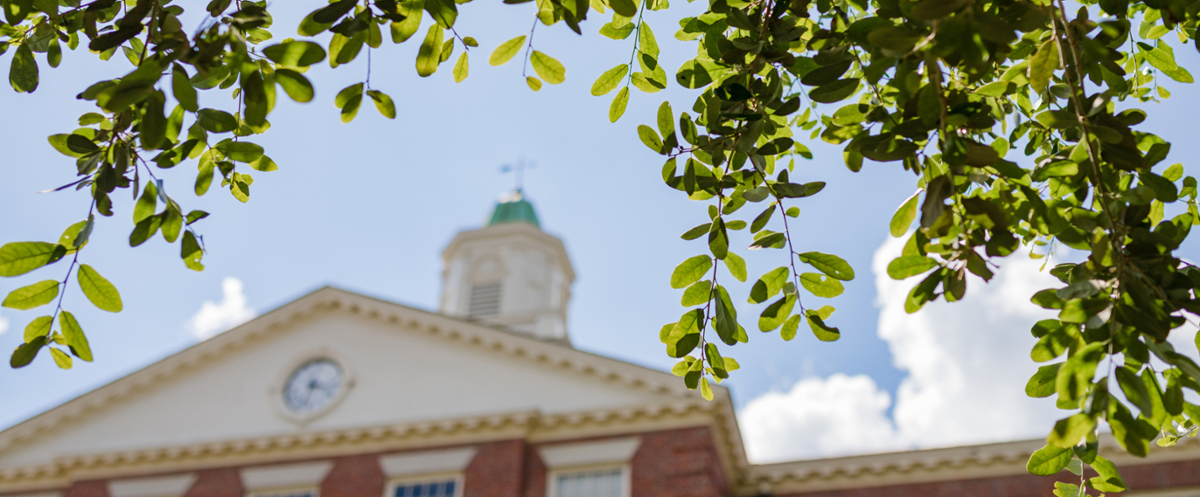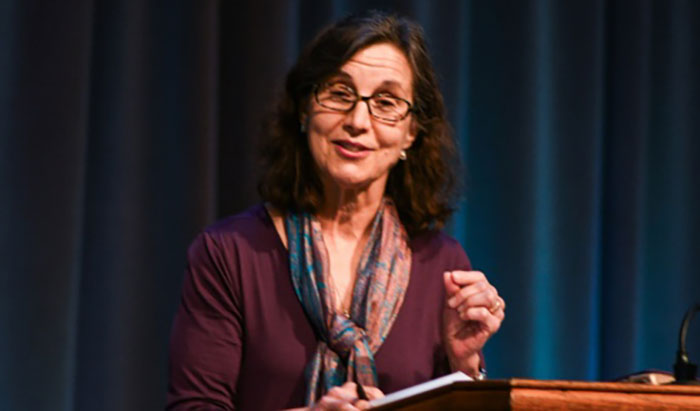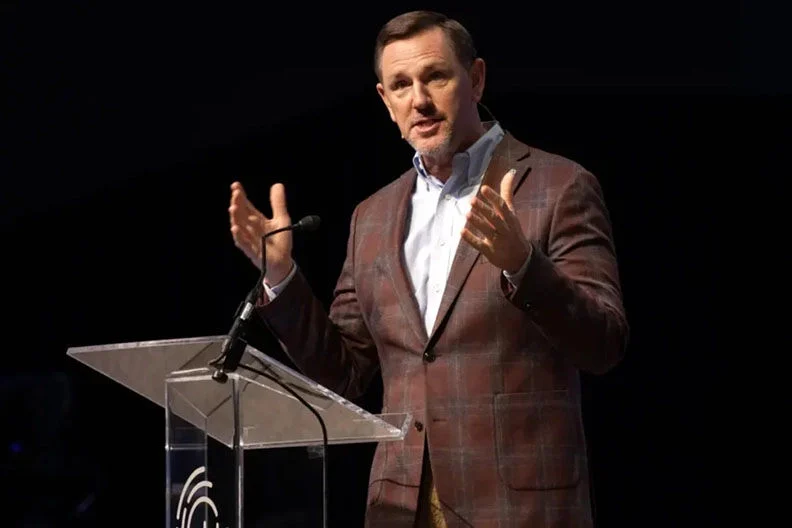In an effort to inform and train students on sexual abuse prevention and response, Southeastern Baptist Theological Seminary in Wake Forest, North Carolina is launching a free mandatory course on this issue. Undergraduate, graduate and advanced students will be required to complete the course during their programs at Southeastern.
The course will cover strategies for handling sexual abuse and will clarify biblical and theological foundations for caring well for survivors of abuse, Southeastern reported.
“Sexual abuse in any form should not be tolerated. It is a sinful act against fellow image bearers and an affront to a holy God,” said Southeastern President Danny Akin. “Southeastern is committed to preventing sexual abuse and training students to respond well to survivors with proper care and advocacy.”
He noted, “As an institution, we recognize that fulfilling the Great Commission means teaching the whole counsel of God’s word. It means teaching disciples of Jesus to obey the second great commandment of [loving one’s neighbor].”
In addition to contributions from Akin and from Southeastern provost Keith Whitfield, instructors for the course include Bradley Hambrick, assistant professor of biblical counseling at Southeastern, and Samantha Kilpatrick, attorney in the Kilpatrick Law Group and instructor in the Meredith College Paralegal Program.
Students in the course will receive a biblical and theological foundation for protecting the vulnerable, as well as instruction on how to recognize vulnerabilities in ministry, the seminary reported. The course is designed to inform students about proper responses but also about prevention, creating a culture of awareness and open communication.
‘Churches and ministries are not immune’
Instructors will address implementing protective policies and reporting processes, understanding legal obligations and navigating spiritual and interpersonal challenges relevant to sexual abuse.
“Studies show that one in four girls and one in six boys will be sexually abused by their 18th birthday,” shared Kilpatrick, who also is a member of Providence Baptist Church in Raleigh, North Carolina.
“Churches and ministries are not immune, but often can be more at risk due to lack of awareness or inconsistent prevention policy and practice,” Kilpatrick said. “Unless we understand the prevalence and dynamics of sexual abuse, we are not well-equipped to implement prevention policy, nor are we able to respond well in a Christ-honoring and trauma-informed manner.
“This training is relevant and important in higher education,” she noted. “It will train Southeastern students at all levels as they seek to go on mission. The concepts and principles in this training will benefit all students as they seek to serve both in ministry contexts and in secular spaces.”
The need for a training course on sexual abuse prevention and response has become increasingly apparent over the last year as Southern Baptists investigated the mishandling of sexual abuse within the Southern Baptist Convention Executive Committee.
“The heartbreaking breadth of sexual abuse in the SBC is undeniable,” Akin said. “It is far more widespread than most realized. This training course is intended to address this reality.”
Ready to respond
In his Statement on the SBC Task Force Report on Sexual Abuse, Akin urged students and staff to report sexual abuse, knowing that Southeastern is committed to prevent sexual abuse and to care well for survivors: “Let me encourage you that if you know of someone that has been sexually abused or is the victim of sexual abuse that you immediately report it to law enforcement. After reporting it to law enforcement, you can send an email to reportabuse@sebts.edu. This email address is monitored by our Student Life team. We will follow up and respond quickly and decisively.”
In addition to launching this new mandatory training course, Southeastern continues to comply with Title IX requirements, urging the reporting of misconduct, providing anonymous reporting options and encouraging awareness and further training.
To find more information about Southeastern’s Title IX policies and reporting options, visit Southeastern’s Title IX page.
EDITOR’S NOTE — This story was originally written by Chad Burchett and published by Southeastern Baptist Theological Seminary.










